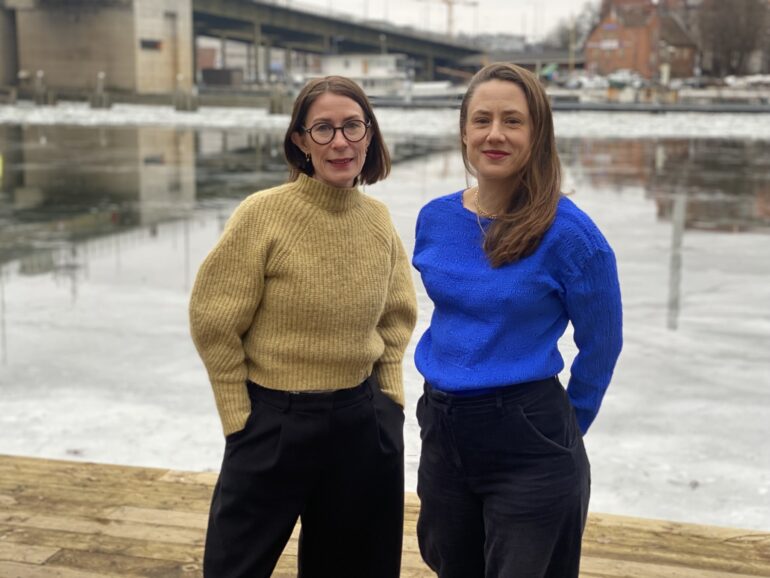WRITTEN BY: Mattias Dahlström
Sweden’s largest documentary festival kicked off on March 4th with an expanded Work in Progress programme and an ambition to change how the industry evaluates documentary film.
It's the calm before the storm for Ulrika Bandeira as we talk to her just a few days before the festival (March 4–10) starts. The Tempo Documentary Festival’s Artistic Director since autumn 2019 is looking forward to getting started.
“There is a lot of things, both big and small, that need to be organised, but right now I am just a little bit impatient. I just want the festival to start,” says Bandeira.
With the 2024 festival, work begins to develop a way, almost a system, to better measure the possible success of a documentary film.
“Right now, documentary films are judged almost solely on the basis of audience figures at the cinema theatres, but they nearly always have a much longer lifespan than other films. A documentary can be shown as a school cinema film and have institutional screenings that are not counted in the statistics. We want to draw attention to this. It is a first step towards writing and publishing a report, and during the festival we will also form a think tank that will work on this topic.”
In such a broad field as documentary films, it is difficult to talk about clear trends, but Bandeira has nevertheless noticed that, for example documentaries related to music, or which deal with famous people, have been popular. She also notices a general increase in interest in telling stories in the form of documentaries: The number of contributions to the New Docs category has doubled compared to last year. The scope of the term "documentary film" has also been broadened.
“I think you almost have classify documentary films into several different genres these days. Today, “documentary” can mean both a true crime series on Netflix and an exploratory documentary about a very specific subject. These various orientations are also met with completely different expectations on the part of the audience.”
Tempo has always had the goal of offering a wide range of documentaries from all over the world, with different subject matters and in various forms. An ambition that Bandeira thinks has not only grown, but is also becoming more important in an increasingly polarised time.
“When more and more people live in their filter bubbles, it is extremely important to be able to offer many different images and perspectives from all parts of the world - and then have the opportunity to discuss what you have just seen.”
To increase industry networking, the festival has also expanded its range of "Work in Progress" talks, where filmmakers get a chance to showcase their works in progress, exchange experiences, and process work together with others.
The prize money in the competition sections has also been increased this year.
“You may not be able to compete in film, but at least we want to try to provide financial support to an industry that, to put it mildly, is not overfinanced. Everyone who works with documentary films works extremely hard and for a long time under rather tough conditions, so it feels good to be able to offer something extra.”
